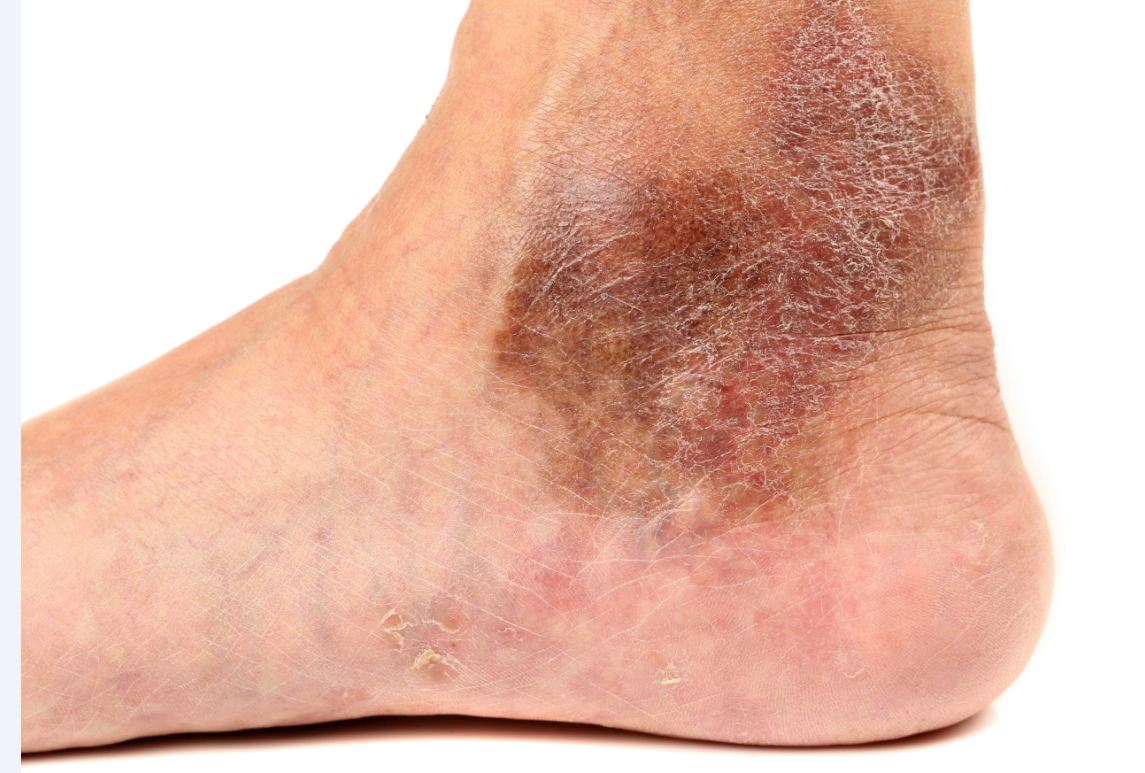-
Meningitis is the inflammation of your membranes that surround your brain and spinal cord. In the U.S., most cases of meningitis are caused by viral infections, but bacterial infections can also lead to meningitis. Depending on the severity of the infection, meningitis can get better on its own in...
-
Meningococcal disease is caused by a bacteria strain known as Neisseria Meningitidis. This bacteria is one of the leading causes of bacterial meningitis in children between the ages of 2-18. You can protect your child by getting them the meningitis vaccine. There are two different meningococcal diseases: Meningitis: a...
-
According to the CDC, there are two types of meningococcal vaccines available in the United States. The first is the meningococcal polysaccharide vaccine or Menomune. The second is the meningococcal conjugate vaccine, which is otherwise referred to as Menactra, Menveo, and MenHibrix. Both vaccines work to prevent four types of...
-
Bacterial meningitis is the most dangerous and potentially deadly form of meningitis. It occurs when bacteria enter the blood stream and migrate to the brain or spinal cord. If it is not detected and treated quickly, serious complications or even death can occur. Risk Factors There are some people...
-
Meningitis is a disease that occurs when the meninges (coverings of the brain) become inflamed. The disease is caused by a bacterial or viral infection of the fluid surrounding the brain and the spinal cord. The disease causes symptoms such as intense pain, sensitivity to light, convulsions, fever, stiff neck,...
-
Meningitis occurs when the membranes surrounding your brain and spinal cord become inflamed. The swelling that results is usually what causes the most well-known symptoms of the condition: headache, fever, and stiff neck. Depending on the cause of the infection that triggers meningitis, it can either get better on its...









